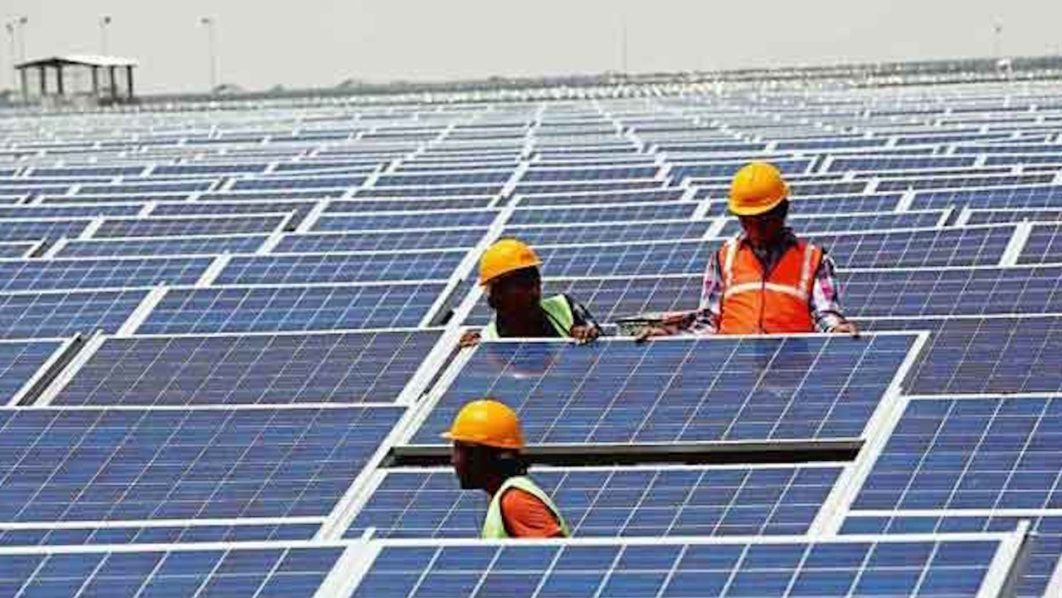
Baba ‘Go-Slow’ has been replaced with Bola Go-Go-Go!
Aside from an entire reset of central bank policy, Nigeria’s new President has done more to advance energy transition in a couple of weeks than past leaders achieved in decades.
By scrapping subsidies on petrol, Bola Tinubu has levelled the playing field for competition from cleaner sources of energy, such as solar.
Dollar for dollar, it should be cheaper to harness beams of sunlight into a panel of silicon (the second most abundant material on earth after oxygen) than sucking scarce oil from thousands of feet underground or sea. Solar only appears more expensive because of taxpayer-funded subsidies that keep petrol cheaper at the pump combined with the decades-old legacy of oil infrastructure: drillers, rigs, pipelines, refiners, dispensers.
Certainly, Tinubu, a former executive at ExxonMobil’s Mobil Oil Nigeria, is no eco warrior. He knows that subsidies are unsustainable for Nigeria’s threadbare budget.
Even so, few nations’ leaders anywhere have changed things as fast for the greener good. The financing hurdle to make the sun as cheap a source of energy as fossil-fired generators becomes a giant barrier when levelling up against subsidized petrol. With petrol prices having tripled in Nigeria to N600 per litre, the solar kit pays for itself far faster.
In fact, most of the upfront costs of solar can now be bridged into loans payable over the lifespan of the kit, providing an ultimately near-free source of energy and making going green a no-brainer.
The significance of this cannot be overstated. On every other continent, solar is installed to replace existing dirtier sources of electricity. In Africa, where more than 65% of the population has no reliable access to power, these off-grid small-scale solar systems offer the first chance of light, clean cooking, refrigeration, heating, internet, e-commerce, and more to many rural and peri-urban communities.
Those critical of Nigeria’s past mismanagement and wasted opportunities should hail this moment of economic and energy transition. The ball is now in our court to maximise the impact in delivering sustainable energy to those who need it most.
Esoimeme is the CEO of Japtini Energy.






